Sound Science Informs Our Work
Established as a scientific leader on fish and water issues in California, California Trout roots its projects in research to drive innovative, science-based solutions to the state's resource issues.
Through our Science & Research program, CalTrout works to improve its scientific foundation of applied conservation strategies while developing responses to statewide, big-picture threats to native trout and salmon such as climate change, ongoing drought conditions, introduced and invasive species, and hatchery reform. By conducting scientific research, analyzing conservation policies, collecting data, and publishing peer-reviewed literature, the program enables CalTrout to inform regional and statewide best management practices in restoring native salmonid abundance throughout California.
2021 - 2024 Priorities
Klamath Dams Collaborate on important management and policy decisions by conducting research on the removal of four dams on the Klamath River. Work with agency scientists (ODFW and the NMFS Southwest Science Center) and Klamath Tribes (Yurok, Klamath Tribes) on monitoring and evaluation of dam removal through joint science efforts and direct collaboration.
Spring-fed Rivers Conduct research on volcanic spring-fed rivers. Produce peer reviewed publications on the benefits of spring-fed rivers with respect to salmonid life history diversity and growth.
Native Fish Reintroductions Continue to work on trap-and-haul policies regarding native fish reintroductions in the Central Valley and the Klamath Region. Specific to the Klamath Basin, work with partners on experimental efforts to reintroduce spring-run Chinook.
Shasta River/Parks Creek/Cardoza Ranch Conduct fish passage research on Parks Creek at the Cardoza Ranch. Improve and quantify developments in fish passage to upper Parks Creek and Kettle Springs for coho salmon.
Walker Creek Work with CalTrout's Bay Area Conservation Director on improving science efforts in the Walker Creek basin to inform management strategies for endangered coho salmon and threatened steelhead. Research fish movement and outmigration timing of juvenile coho salmon to bolsters CalTrout’s scientific status in the basin.
CEFF (California Environmental Flows Framework) Continue to represent California Trout in the CEFF process. Work with partners on promoting CEFF and establishing instream flows statewide. Employ the Little Shasta River as a case study for CEFF.
Salmon and Steelhead Life History Work with UC Davis, UC Berkeley, and UC Santa Cruz to publish peer-reviewed studies on life history and migration of steelhead, Chinook salmon, and coho salmon. Studies will inform recovery and experimental stocking.
Accomplishments

The Peter B. Moyle and California Trout Endowed Chair in Coldwater Fishes
The Peter B. Moyle and California Trout Endowed Chair in Coldwater Fishes was established in honor of Dr. Moyle and the historical working relationship between CalTrout and UCD. Dr. Moyle’s research, teachings, and outreach are tied to California’s coldwater aquatic ecosystems, especially salmon, trout, and steelhead.
Two positions, created in 2014 between California Trout and the Center for Watershed Sciences, work toward these science goals: The Peter B. Moyle California Trout Endowed Chair in Coldwater Fishes and the CalTrout-UC Davis Wild and Coldwater Fish Researcher.
These positions were established to ensure that water resource issues with major policy and management implications continue to be informed by robust science. The findings from these collaborations have and will continue to inform broad-scale coldwater fish conservation strategies throughout California.
Academic Partners:
Published Papers
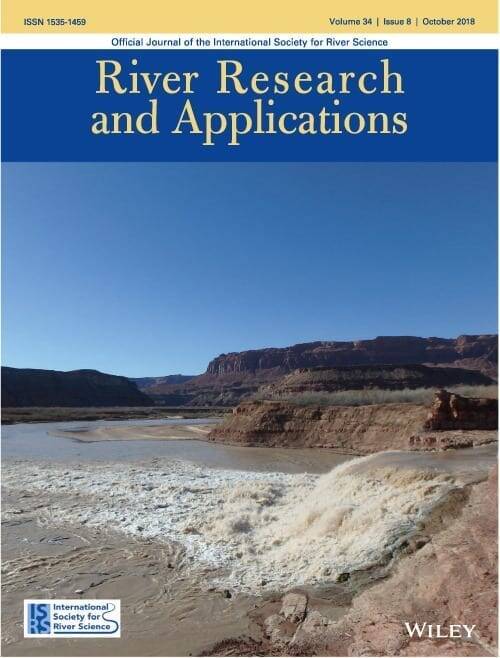


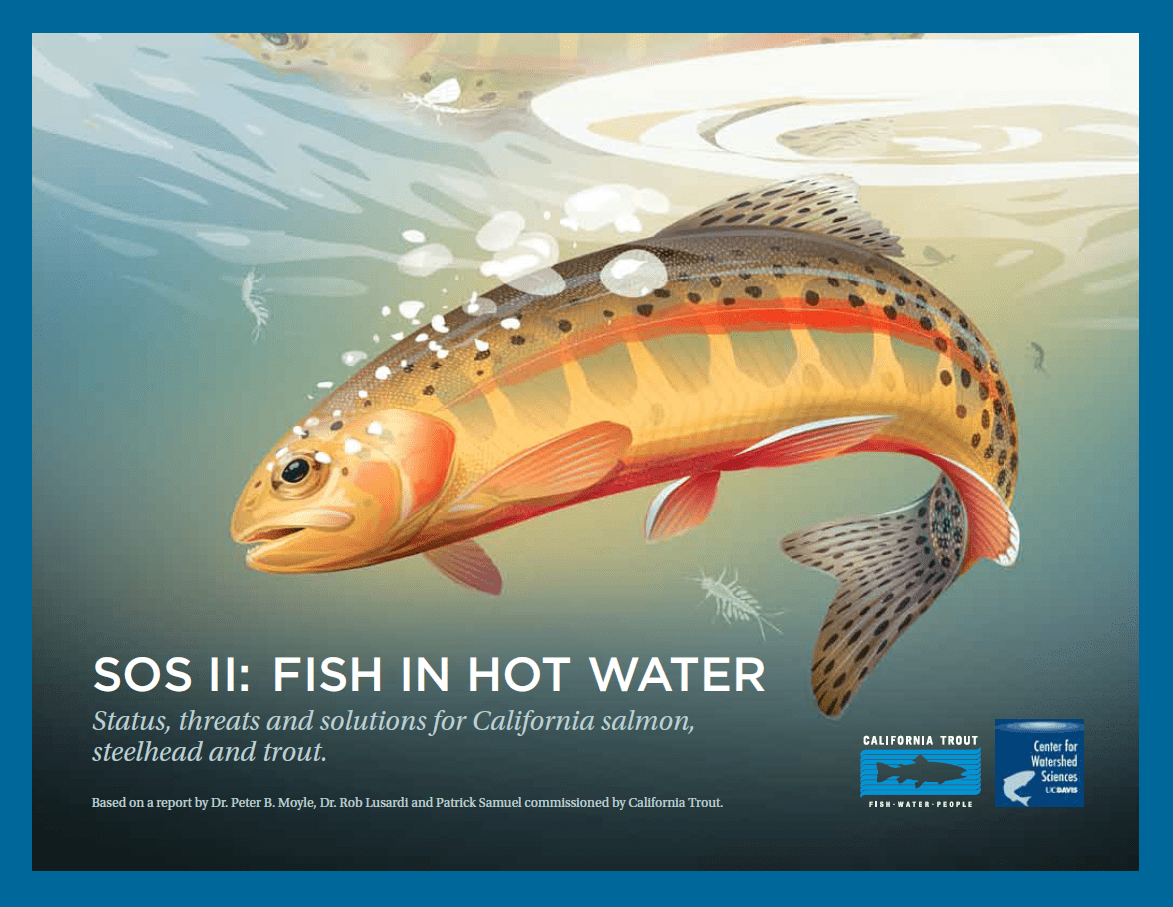

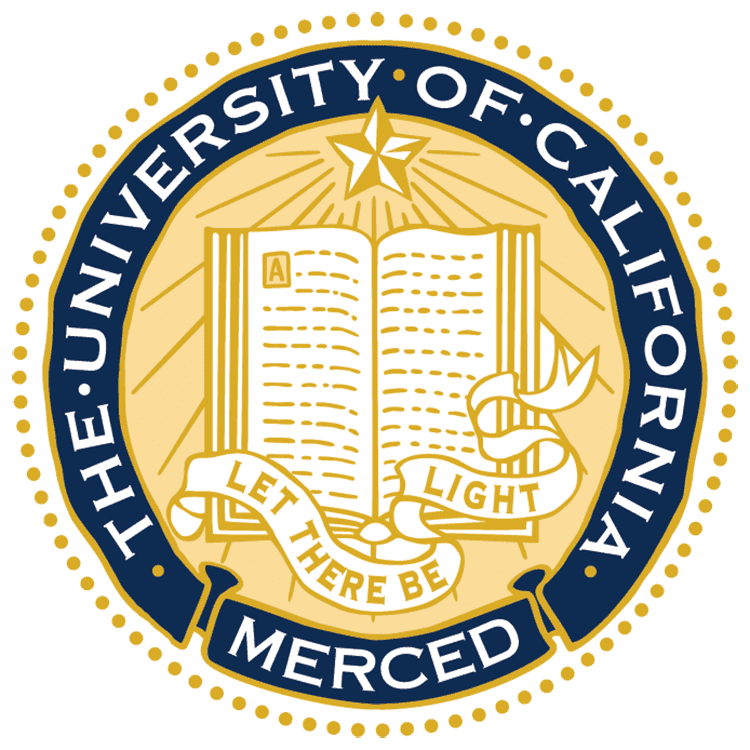

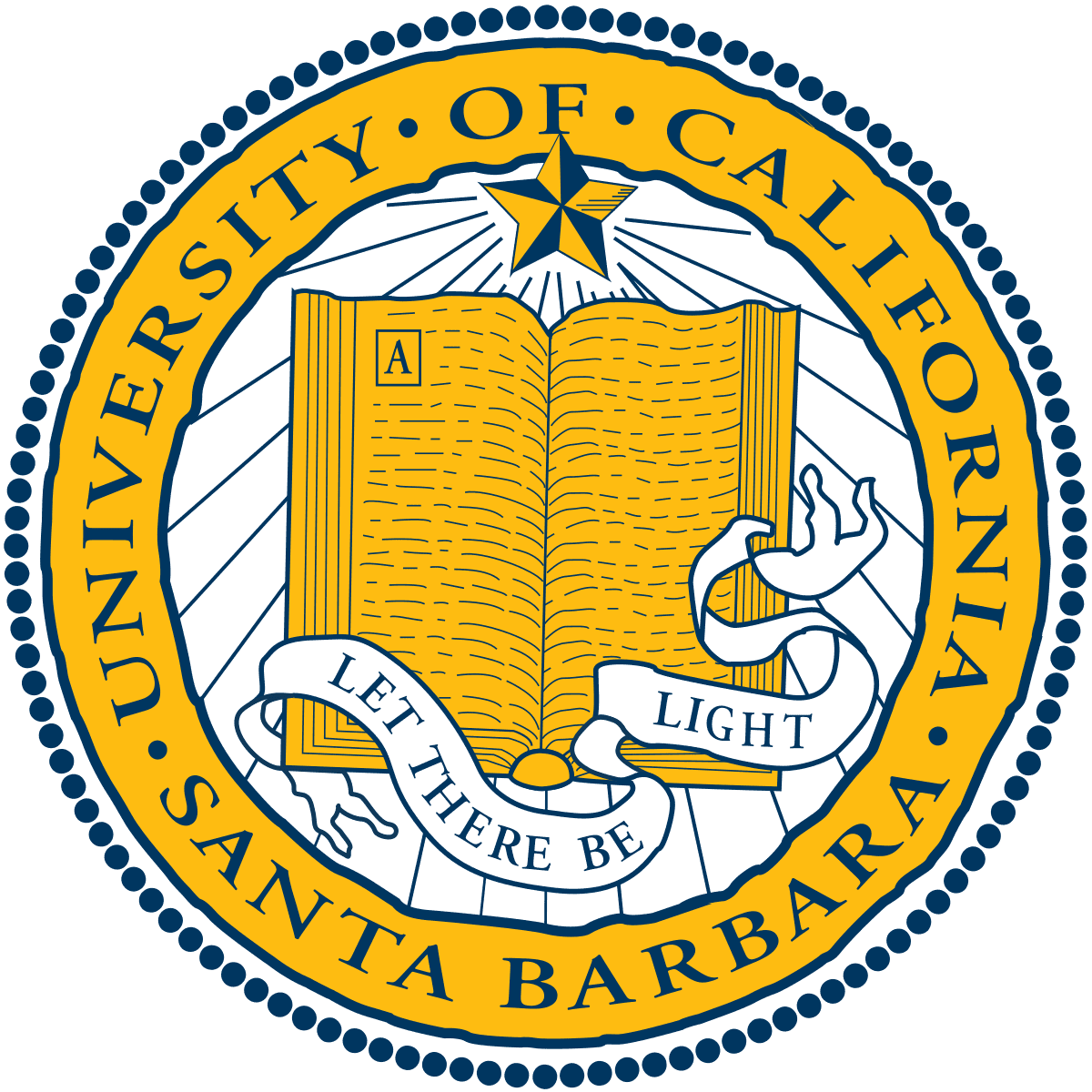
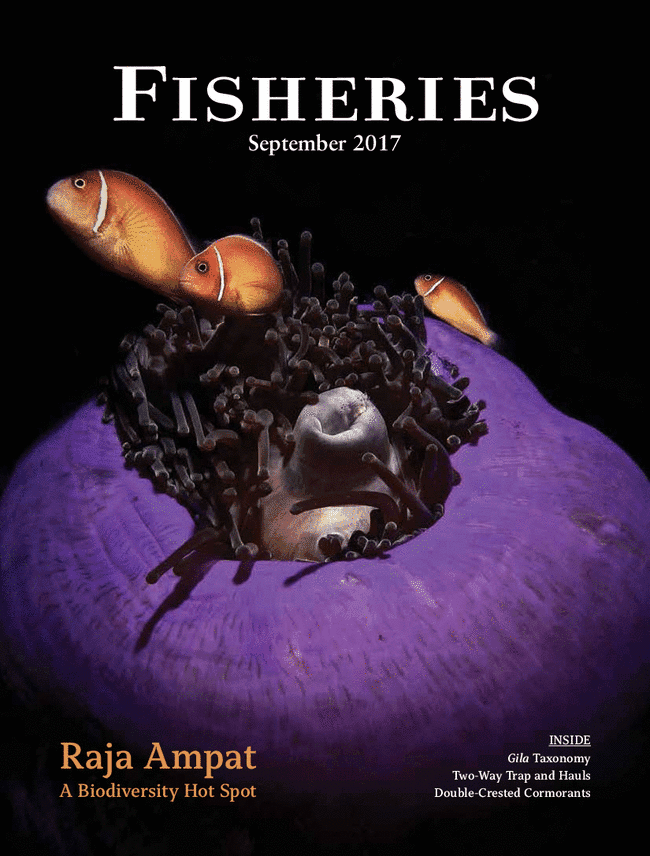
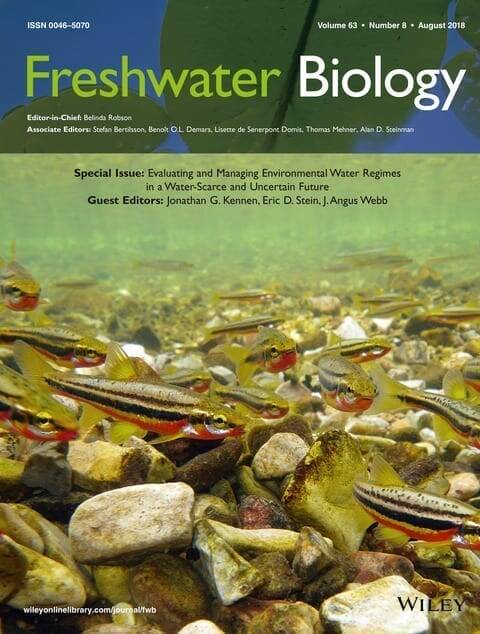
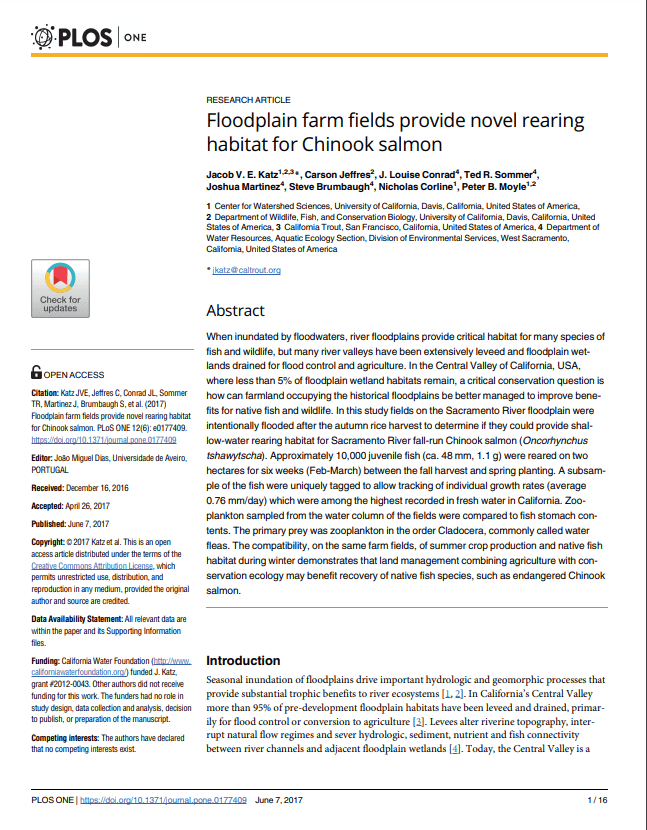
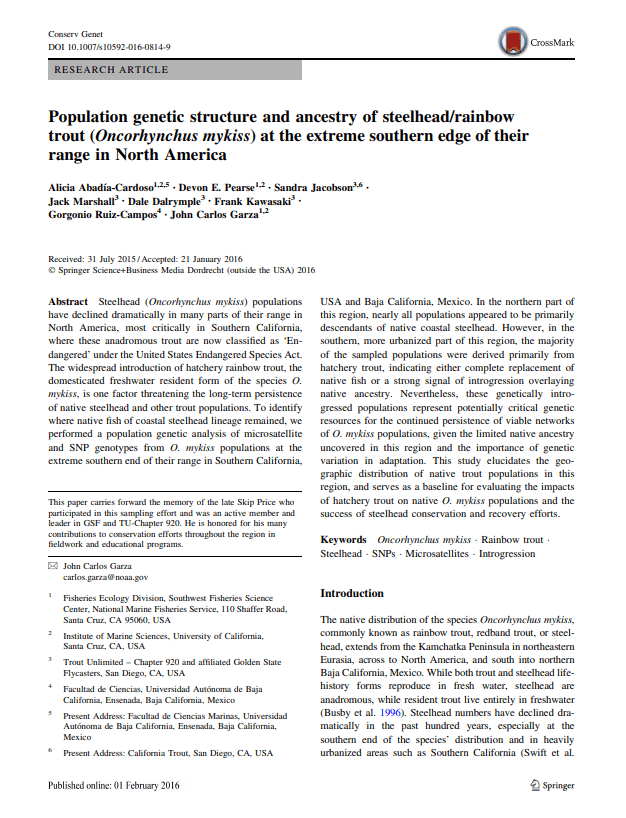
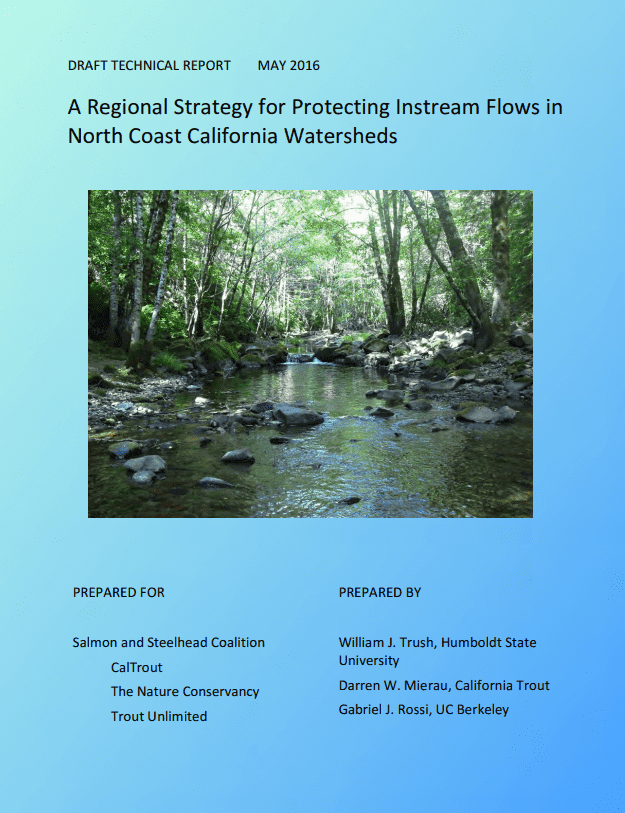
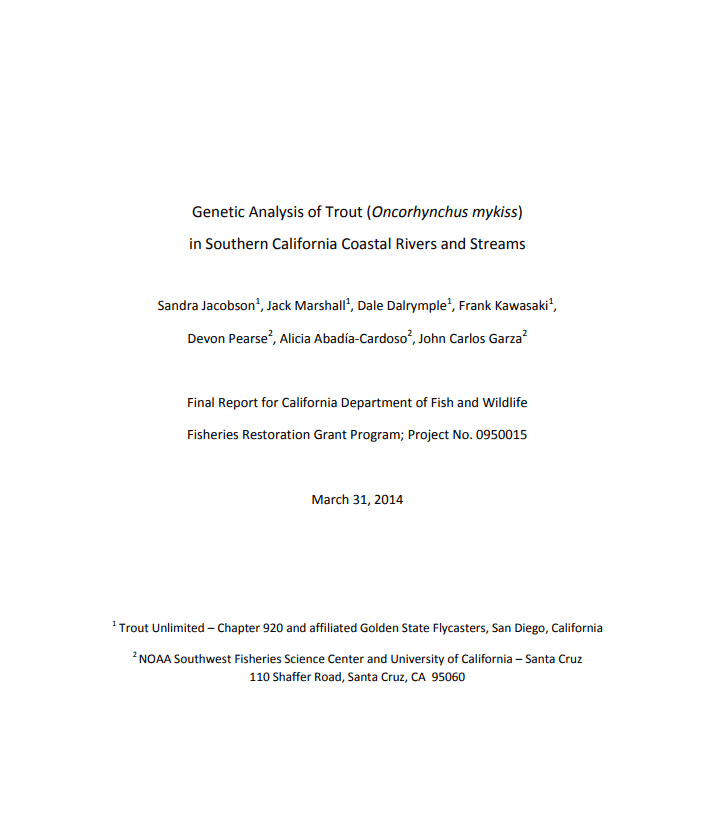
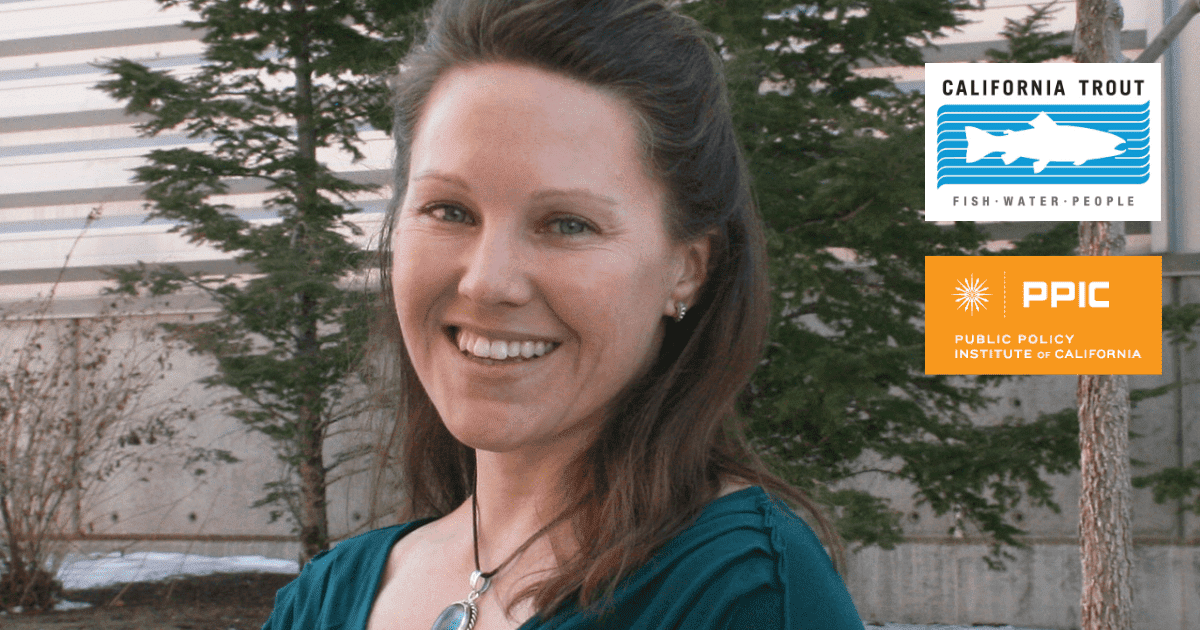
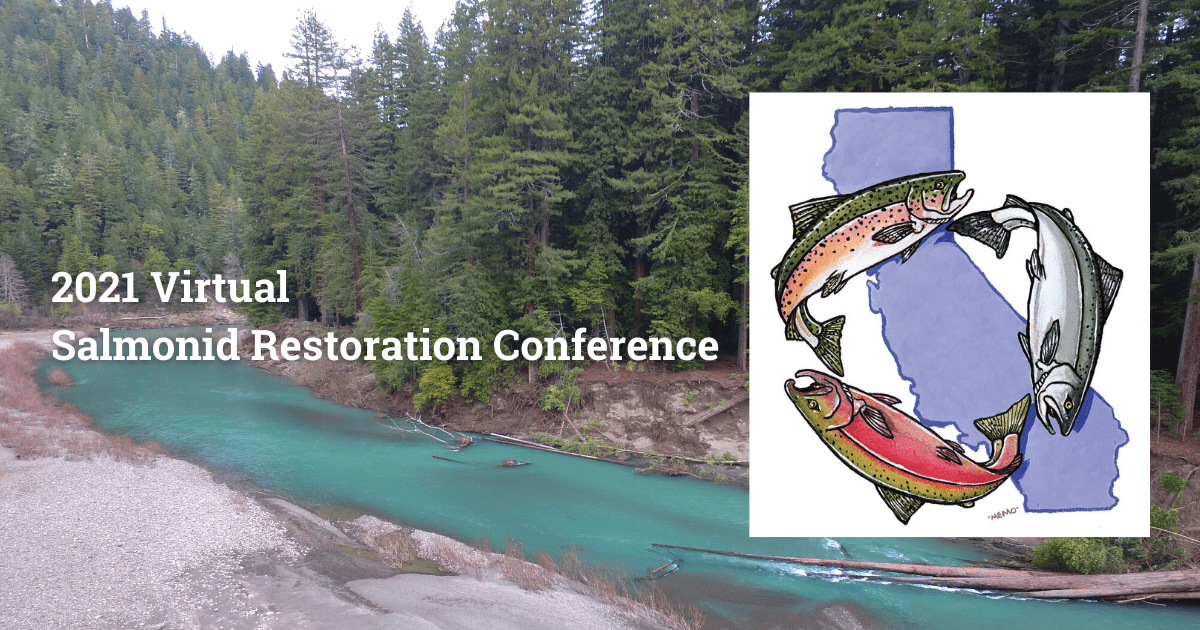
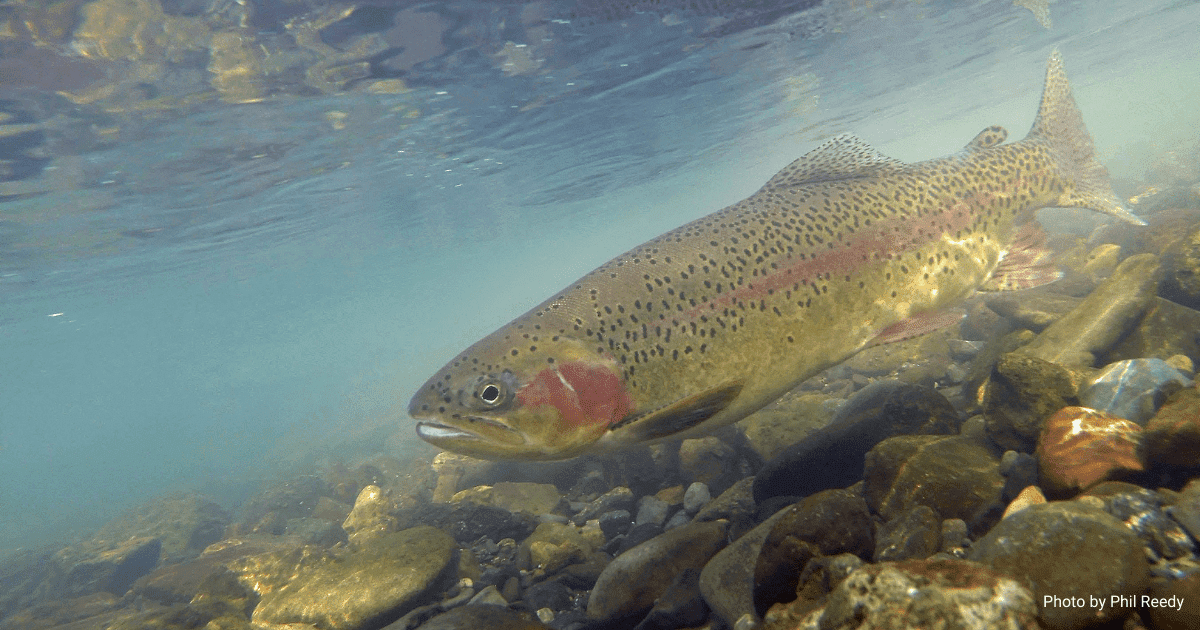

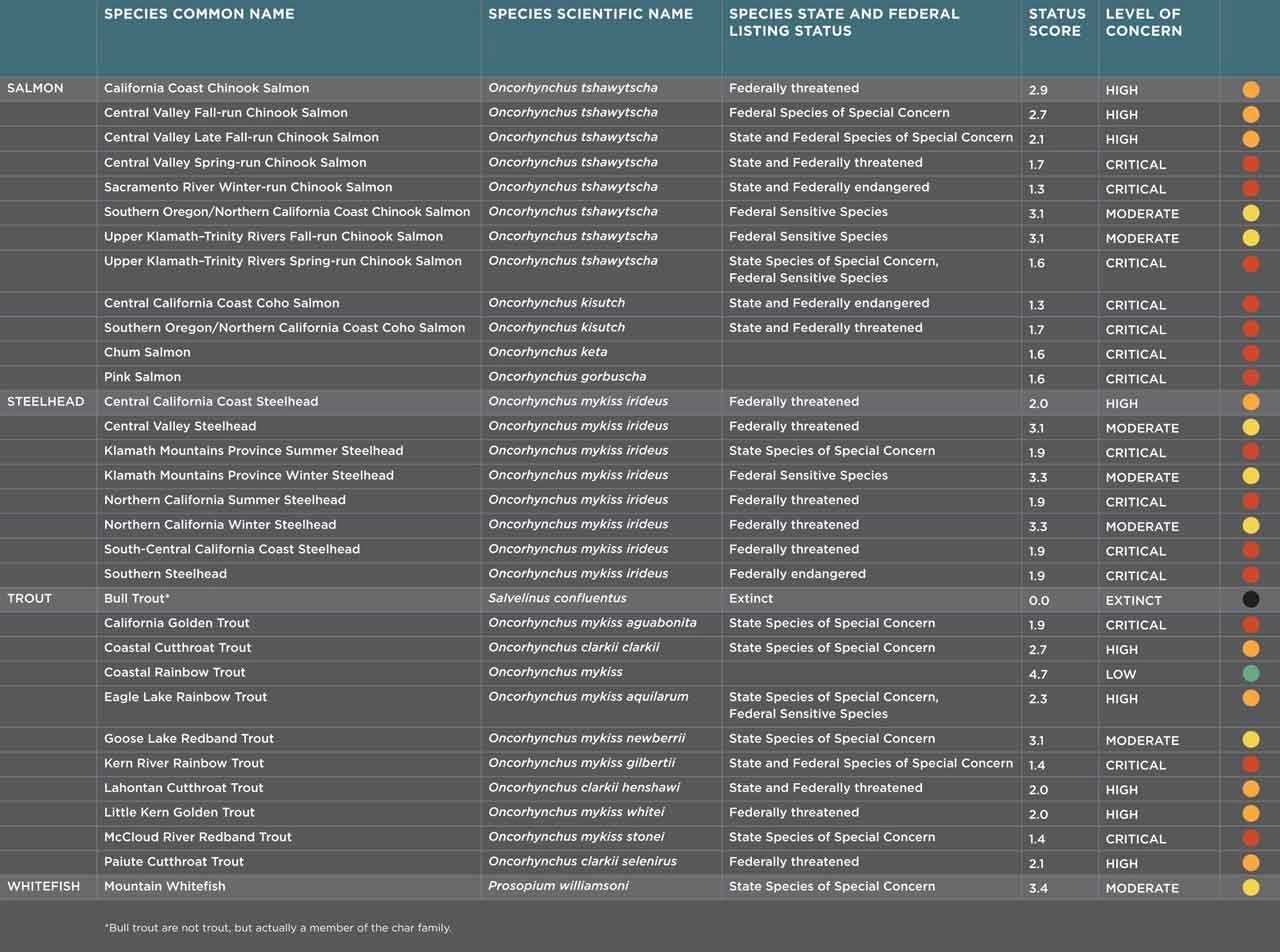




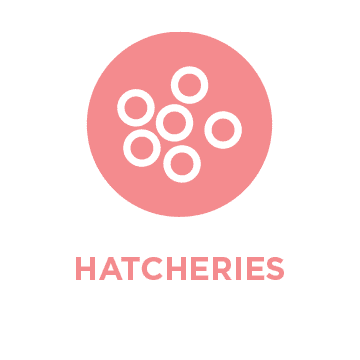
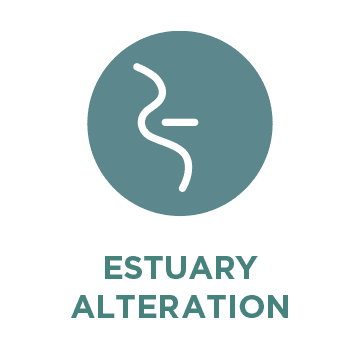



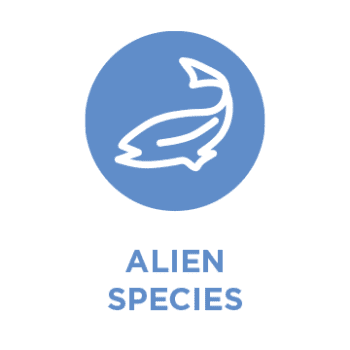


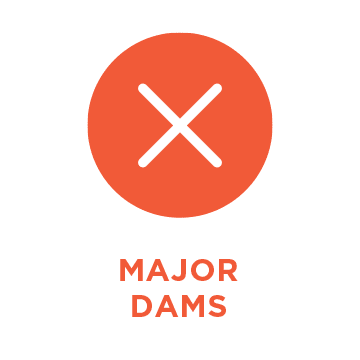 Dams block access to historical spawning and rearing habitats. Downstream, dams alter the timing, frequency, duration, magnitude, and rate of change of flows decreasing habitat quality and survival.
Dams block access to historical spawning and rearing habitats. Downstream, dams alter the timing, frequency, duration, magnitude, and rate of change of flows decreasing habitat quality and survival.